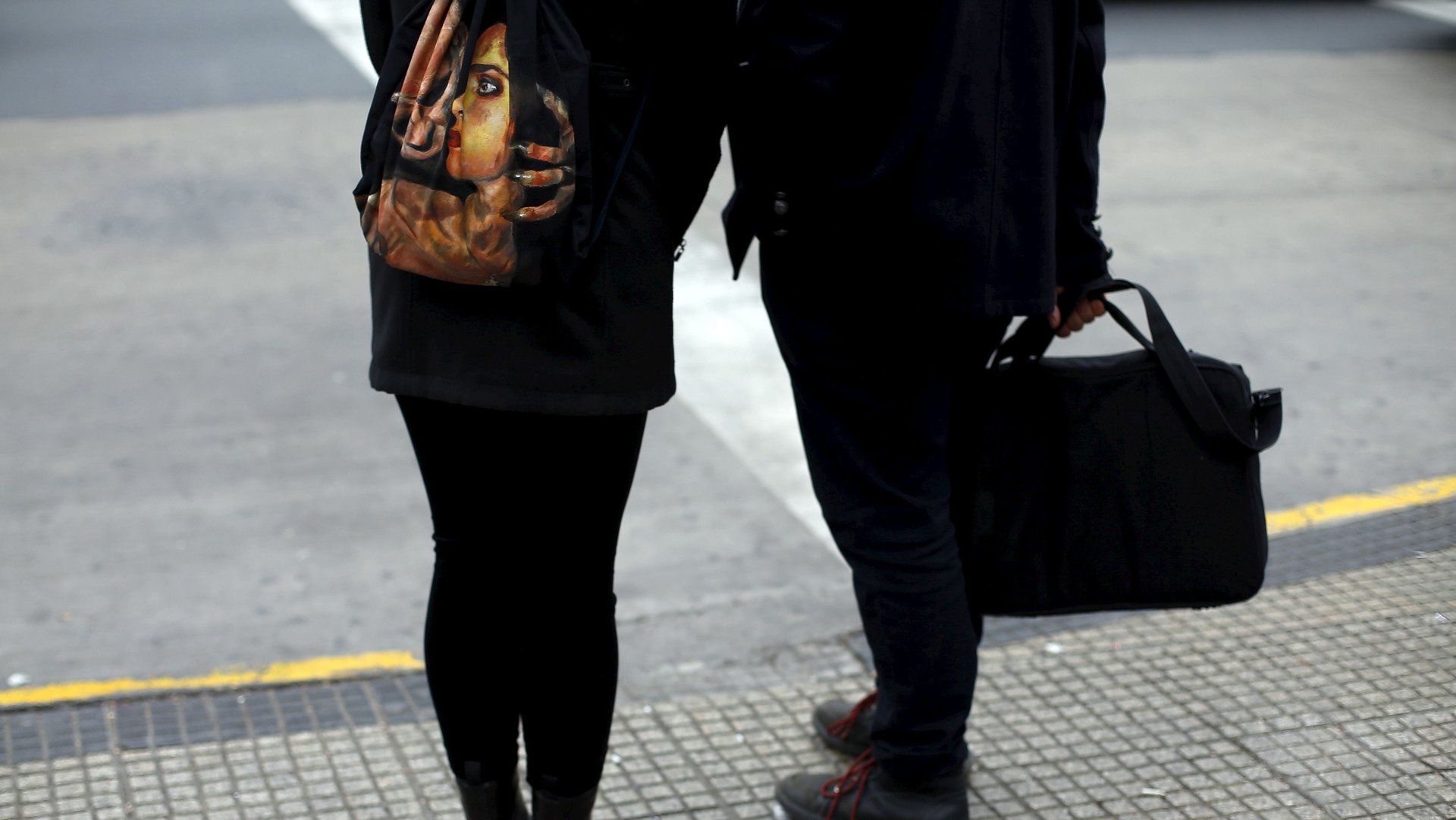What we lost when Craigslist shut down its personals section
I placed my first ad in the Craigslist “personals” section four years ago. If memory serves me correctly, it was under the Strictly Platonic category, with the subject, “Tell me about yourself…” Posting the ad was an attempt to connect with similar-minded people over the stories and secrets that we all keep, nudging open the curtain that separates our perfectly curated external lives from our imperfect inner ones.


I placed my first ad in the Craigslist “personals” section four years ago. If memory serves me correctly, it was under the Strictly Platonic category, with the subject, “Tell me about yourself…” Posting the ad was an attempt to connect with similar-minded people over the stories and secrets that we all keep, nudging open the curtain that separates our perfectly curated external lives from our imperfect inner ones.
It’s funny: I have no memories of the night I posted that original ad, in which I asked people to share with me their deepest, darkest secrets—the stories they could tell no one else. I only remember the vague feelings that led to the whimsical decision to post, and then waking up the next day to an inbox full of replies. It’s strange to not clearly remember something that completely changed my life.
Four years—and more than 300 interviews and thousands of responses—later, my full-time job has become to listen to strangers tell me about things they’ve never told anyone else. It’s completely anonymous, and it’s free. The average length of a meeting is about two hours, during which I listen, take notes, and ask the occasional question. It is an exercise in radical listening and compassion, in building a space where people can simply be themselves without fear of the judgment or stigma that often follows confessions.
In March, Craigslist pulled its personals section in response to a sex-trafficking bill that holds platforms liable if they are found to be facilitating sex trafficking and prostitution. The reaction was not without merit: over the years, websites like Craigslist and Backpage had become online marketplaces for illegal sexual activity. Craigslist’s decision marked the end of the 23-year-old section, where people gathered for many reasons, often benign. In its spartan design, the personals section was in many ways the predecessor to our myriad online dating platforms, facilitating casual sex, unsolicited nudes, and the occasional relationship. But for many people, myself included, it was much more than that.
When I first posted my ad, I was working for a boutique lobbying shop in Washington, DC. It was my first “real” job out of law school, but it wasn’t for me.
The things I valued about myself—my empathy, my listening skills, and my ability to connect with people on a deeper and more meaningful level were handicaps at my lobbying job. “Don’t be empathetic; get your bottom line at any cost,” I was told. “Don’t listen—lean in, speak up, stand out. Connect, yes: go to happy hours, have your business cards ready—present yourself as successful, happy, and fulfilled. Remember names. Remember employers. Remember a detail of someone’s life that shows you were listening. Remember: how can they be useful?”
“How’s the new job?”
“Oh, I absolutely love it.” Now smile.
I felt so alienated, so disconnected from everyone else. If only we could break out of our one-track lives and and connect on something deeper: on the imperfect details, on the things that keep us up at night, on the memories that make us freeze mid-laugh. Yet I felt trapped, an indentured servant to my student loan debt.
That’s what the ad was about. It invited people to “tell me about yourself”—but really tell me. Tell me what you can’t tell your therapist, your mom, your best friend, your coworker in the next cubicle—because you’re afraid she’ll forever see you differently now. You’re afraid you’ll bear your heart out and someone will laugh, or think you stupid and naïve, or think you misguided in your intentions. Tell me what it feels like to spend a day in your head. Tell me because it’s anonymous. Tell me because you’ll never see me again and because you have nothing to lose. Tell me because I’m with you now. I hear you. I see you.
On Craigslist, I wasn’t alone. I found a community craving the same thing I did: a connection. Something real. What Craigslist provided for us was an anonymous space where we could be ourselves with nothing to lose. In its scrambled email addresses, some of us found safety: to confess trauma, addiction, unhappiness, ennui, regret, guilt, shame.
In the two years I used Craigslist, until I started hearing from people directly by email, I don’t remember receiving any solicitations or obscene photos. I found what I had hoped for: people who wanted to be heard.
Yet, along the way, the Craigslist personals section became synonymous with seediness, with sex, drugs, and prostitution, risky situations, and illicit affairs. This reputation wasn’t always deserved. If there’s anything that the last four years have taught me it’s that there’s always more than meets the eye—that in today’s society it’s easy to stereotype, to dismiss, to typecast, to categorize and put away. If we bother to dig just beyond that façade, to listen and look a little deeper, we can almost always discover a story worth listening to—worth telling.
So, thank you, Craigslist personals, for allowing us an intimate look at humanity in extremis. Thank you for the connections you facilitated, for the stories you helped tell, and for helping us listen a little longer, challenge our assumptions, and understand a little better. Thanks for allowing us our confessions.
This article is part of Quartz Ideas, our home for bold arguments and big thinkers.